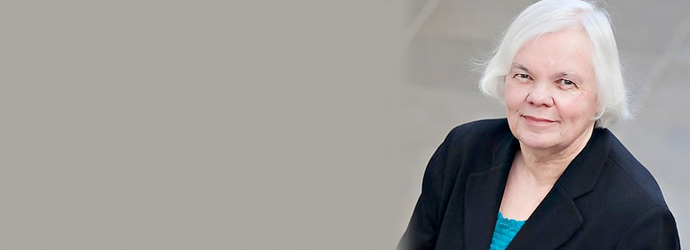
The Texas legislature recently passed a bill – referred to in the media as the “Don’t Say Gay” bill – that is meant to prevent teachers from discussing sexual orientation or gender identity in an “inappropriate” way. Although the rationale for this legislation is couched in terms of the rights of parents, critics argue that it is meant to stigmatize and discriminate against gay and transgender children. Meanwhile, over in Florida, the Governor is urging child protection authorities to launch child abuse investigations against parents who support gender-affirming treatment for their children.
On this side of the border, we can take some satisfaction from the fact that Canadian jurisdictions have gradually recognized an expanded range of rights for gay and transgender people, and that these gains seem secure. Canada is sometimes characterized as having one of the most extensive regimes in the world for the recognition and protection of the rights of its LGBTQ+ citizens.
Before we get too self-congratulatory about the liberality of our laws and our practices, however, we should acknowledge that the protections we all enjoy of our constitutional rights are always fragile, and that we need to keep refreshing our understanding of and commitment to them.
It should be remembered that our recognition of the rights of LGBTQ+ persons is a fairly recent development. Until 1969, when Prime Minister Pierre Trudeau famously declared that “the state has no business in the bedrooms of the nation,” sexual activity between people of the same sex was a criminal offence. Section 15 of the Charter, which came into effect in 1985, did not include sexual orientation as one of the grounds on which a claim could be made for equality, though the Supreme Court eventually decided that sexual orientation should be regarded as an “analogous ground” to the listed grounds. The courts gradually recognized that committed same-sex relationships should be accorded some legal status, but it was not until 2005 that same-sex marriage was put on the same footing as a civil marriage between a man and a woman.
The legal system is gradually working its way through the ramifications of the recognition of these rights to protection under the Charter and under human rights legislation. These include the consequences of divorce for same-sex partners, the entitlement of same-sex spouses to workplace benefits, reproductive issues, the significance of faith-based protocols in educational institutions, and the assessment of the perils faced by LGBTQ+ refugee claimants in their home countries. In recent years, a number of provinces and municipalities, including Regina and Saskatoon, have banned gender conversion therapy designed to assist transgender young people to reclaim the gender they were assigned at birth; this therapy has now been banned by Parliament across the country. Like other equality-seeking groups, LGBTQ+ citizens have been able to see the development of a more elaborated and detailed legal framework for their rights, and every new addition has made the structure more secure and stable.
On the other hand, members of the LGBTQ+ community continue to struggle for full recognition of their equality rights. Not only does overt violence against gay and transgender people continue at a disturbing level, but there are many more indirect and subtle challenges to full equality. When our institutions, including law firms, plead that renovating washrooms to be gender neutral is not worth the cost; when we brush off a discussion of pronoun preferences as too trivial to bother with; when we joke about the changed voice or appearance of someone undergoing the difficult process of gender reassignment; when we decide our conference agenda or our law school curriculum does not have “room” for a session or a course focusing on LGBTQ+ rights; or when we engage in stereotyping about “the gay lifestyle,” we are undermining the ability of our LGBTQ+ colleagues, classmates and neighbours to live comfortably and equally in our society.
As with discussion of how equality rights for any group should be advanced, the hardest part is not at the level of articulating grand constitutional or legal principles, important though those are. The hard part is giving earnest and continuing consideration to what will make members of the LGBTQ+ community feel valued and supported where they work, where they study and where they live. When they have to pay as little attention as the rest of us to going to the washroom, signifying how they wish to be addressed or taking their children to school, then we might be getting somewhere.
Beth Bilson, K.C. PhD (she/her) is the Interim Dean, College of Education, University of Saskatchewan.








-(1).png?width=110&height=150&ext=.png)

